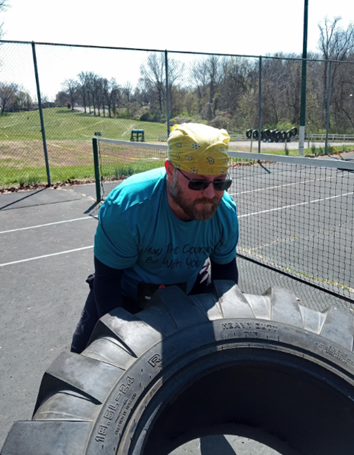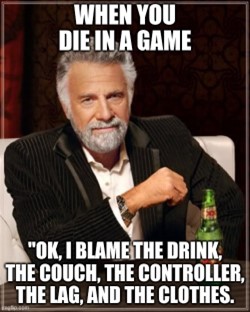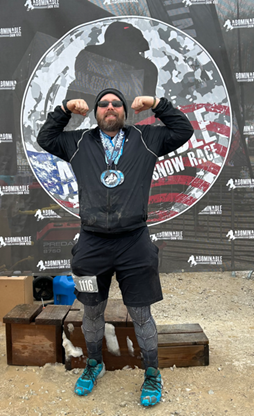
This week’s entry is about quarterly check-ins for work and for yourself. It’s a longer email, because I’m including my own quarterly self-assessment as an example.
As we finish out the end of Q1, I find myself doing a lot of reflecting on the progress that has been made on various projects and tasks at work. I’m asking myself things like, “Where are we now compared to where we were at the beginning of the quarter? Were we able to achieve our goals? If so, how do we keep up the momentum? If not, what should we adjust to do better? How can we ensure we regroup and are clear and focused for Q2?” It seems like a perfect moment to pause, reflect, regroup, and plan before attacking Q2.
What does this have to do anything? While this is great for work, we could apply this same thinking to our personal lives as well. What are some of your goals for 2024? How did you do with them in Q1? Have you stopped to CELEBRATE your progress? Stop RIGHT NOW and celebrate something you’ve achieved. After you celebrate, then you can reflect and see if there are any gaps. If you have gaps, why do you have gaps? What happened? What got in the way? How can you adjust to reach your goals for this quarter?
The challenge: Will you take the time to do a quarterly check-in? What changes will you make to set yourself up for the rest of the year?
Bonus: Here is my review based on the dimensions in my life I set goals for. Hopefully, it sparks a thought or two for you. Also, just know if things have been tough lately, you’re not the only one. Bottom line- tough quarter, and I need to bounce back. The picture of me flipping a tire is from my most recent obstacle course race and summarizes my Q1 in a nutshell. It was all about moving heavy stuff and getting through it. I did it, but dang it was so much harder and uglier than I wanted it to be, or it needed to be.
- Intentionally Invest (D+)- This is my mantra for the year. This is about being intentional about where and how I invest my energy. Investing my energy means doing the right things that help me be the best version of myself. I gave myself a bad grade, because I wasn’t intentional. I got overwhelmed by a lot of things and just started recklessly spending energy. It wasn’t helpful and it didn’t help me get to where I wanted to go.
- Mental Health (C-)- Overall, I want to feel like I’m in a good, strong, solid mental state. In full transparency, life and work just kicked my butt this quarter. The stress was overwhelming and was too much for me to manage in an efficient way. I got really lost and stuck trying to trudge through everything. Feeling lost and stuck drained so much of my mental energy. I spent so much energy here that I didn’t spend it on taking care of myself. I am proud of myself for getting some help. Moving forward, I need to use the new tools I’m developing, so I won’t get so stuck. If I can do that, everything else will improve dramatically.
- Physical Health (C-)- The goal is to take good care of myself, so I can do the things I want to be able to do. The only reason I’m not giving myself a worse grade, is because I did manage to at least hold things together enough to complete a couple of obstacle course races. Other than that, I was inconsistent with working out, my sleep was poor, and my nutrition was abysmal. I’m ready to do better in Q2.
- Family (ugly hard-earned B)- The goal is to feel like I’m being an amazing husband and dad. As they say in The Inside Job podcast, “Life gets lifey.” It’s been a hard few months with each day seemingly bringing new challenges. I give myself an “ugly hard-earned B” because it’s like one of those things in school where you have to put in so much effort you dang near exhaust yourself just to make it. I was not necessarily excellent, but I found ways to hold it together. It’s an ugly B, but one I can be proud of. At the same time, I think some work and mental health challenges got in the way of me being on the top of my game here.
- Career (ugly hard-earned B)- The goal is to feel like I’m delivering magic. It’s a high bar about being in a flow state and getting incredible things done. Similar to my Family category, challenges kept popping up and compounding on themselves day in and day out. As a result, this quarter was filled with nothing but peaks and valleys, and they couldn’t have been further from each other. At times I was operating at a high level, and there were other times when I felt like an ineffective burned-out piece of garbage. This is another hard-earned ugly B that left me a little bruised and roughed up. I believe I focused on the right things. It just so happens that all the right things were the extremely difficult, and it was like carving through ambiguity made of marble while walking through quicksand. It took so much energy to keep slogging forward, and I know I was burned out for a period of time. On the positive side, I’m proud of myself for finding a way to regroup. I feel I’m getting my energy and magic back. All I need is a little more momentum, and then I’ll be like the Juggernaut (bonus points if you get the X-men reference)
- Financial (B)- The goal is to ensure we are saving/investing money in the right way. I’ve already shifted money for investments. Some of these have been home repair things (replacing the hot water heater has been AMAZING!) and some of these are investing in fun vacations for later in the year. I do acknowledge that I was wasting too much money on junk food and stuff as I was super stressed.
Have a jolly good day,
Andrew Embry

